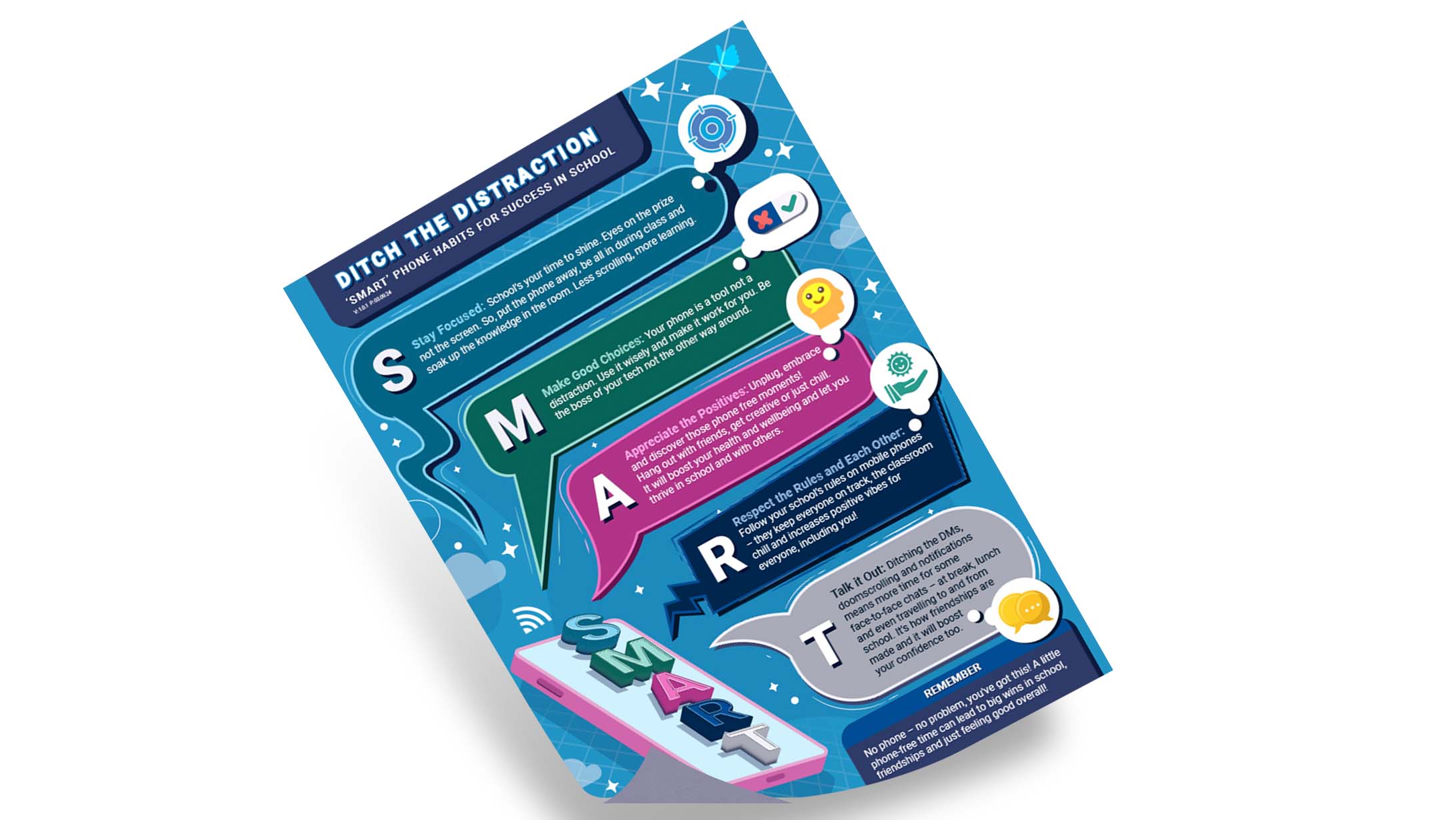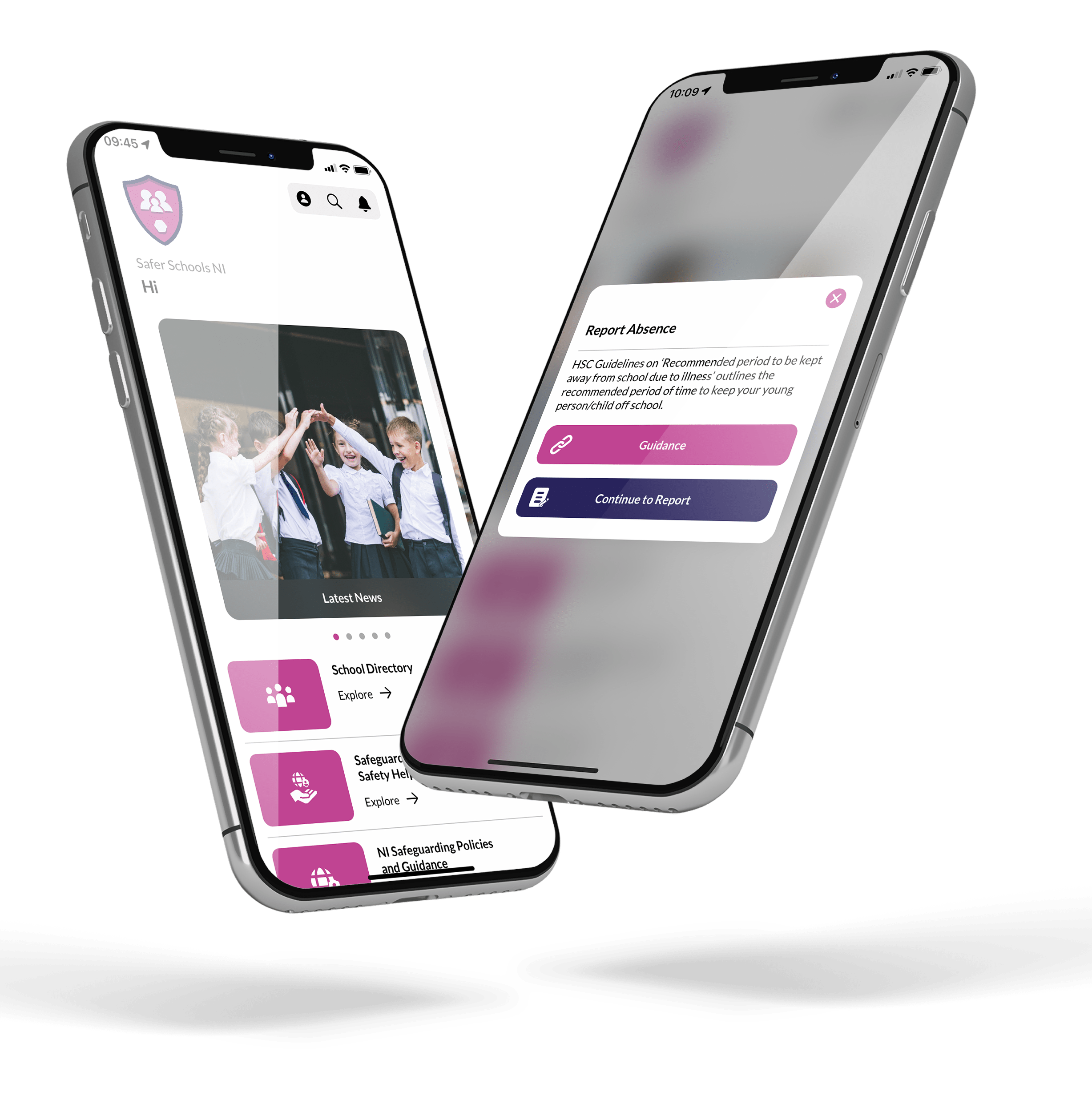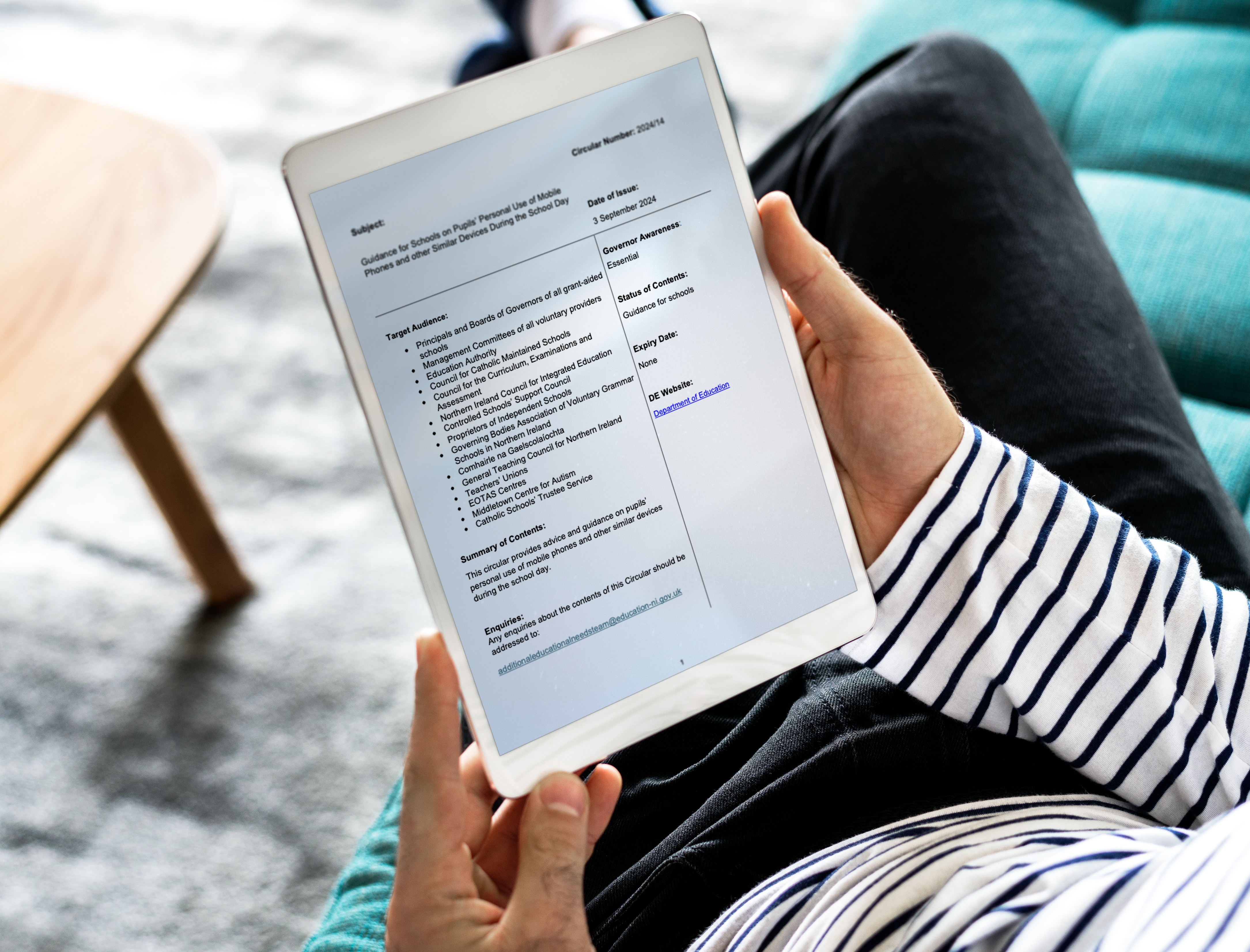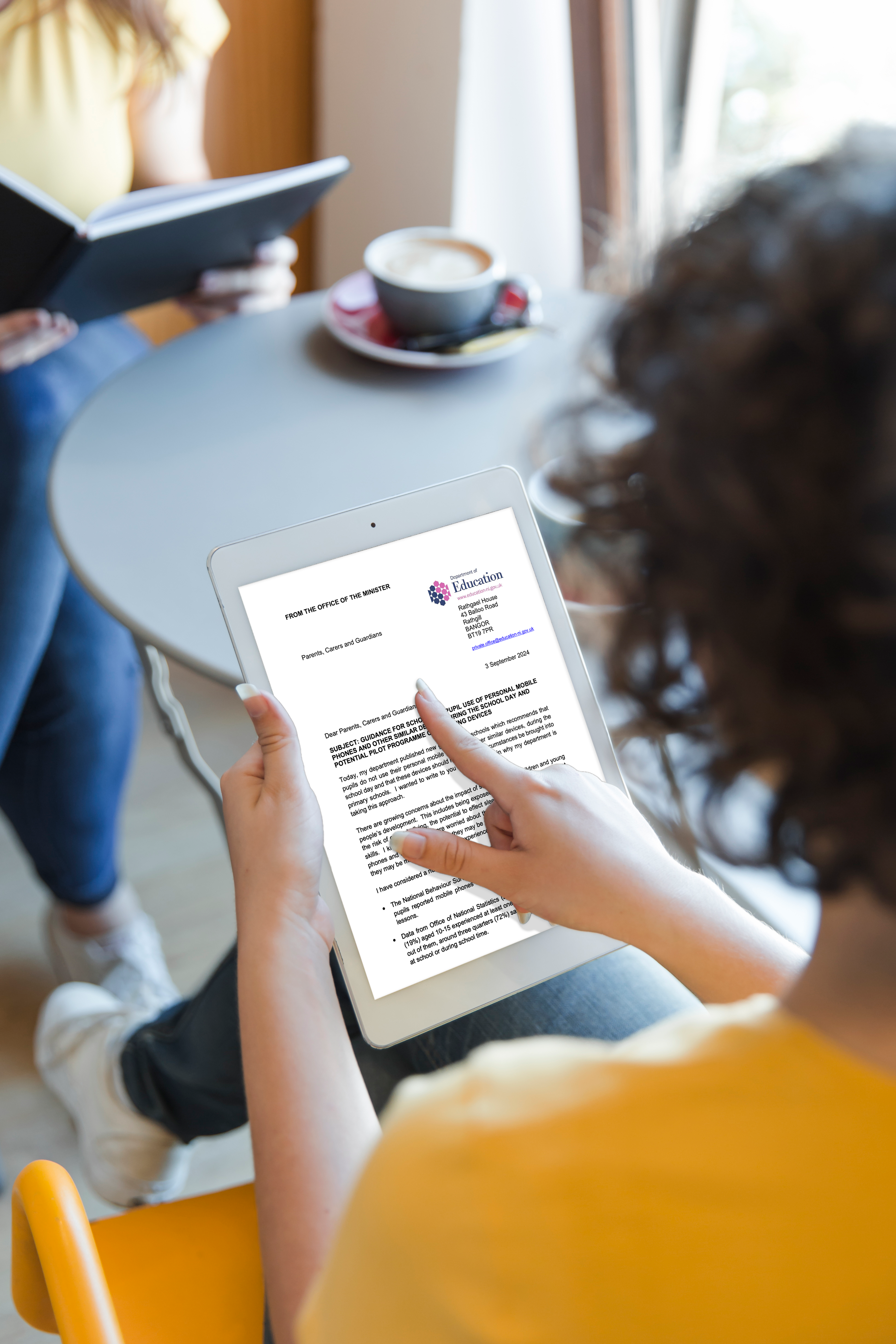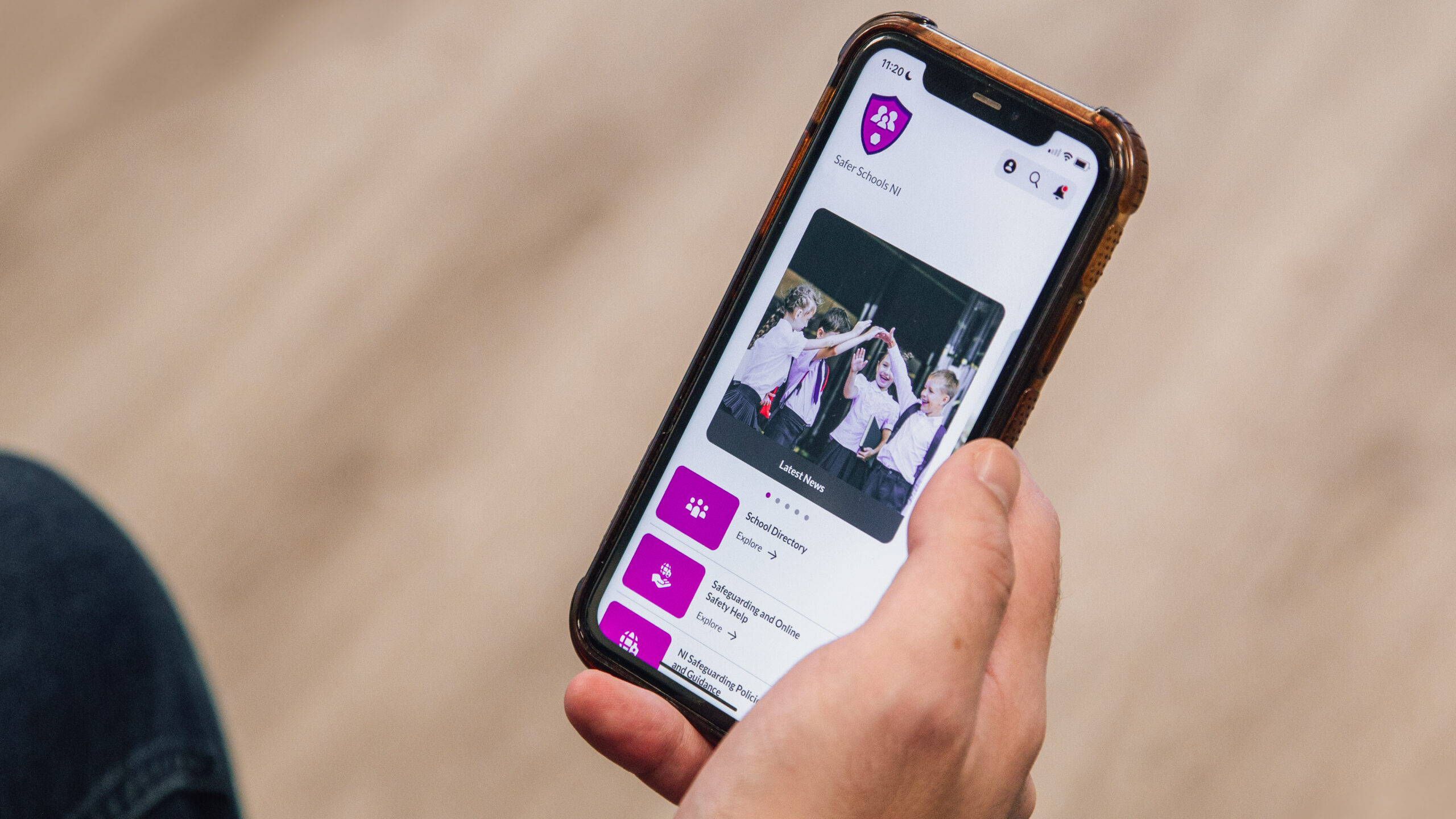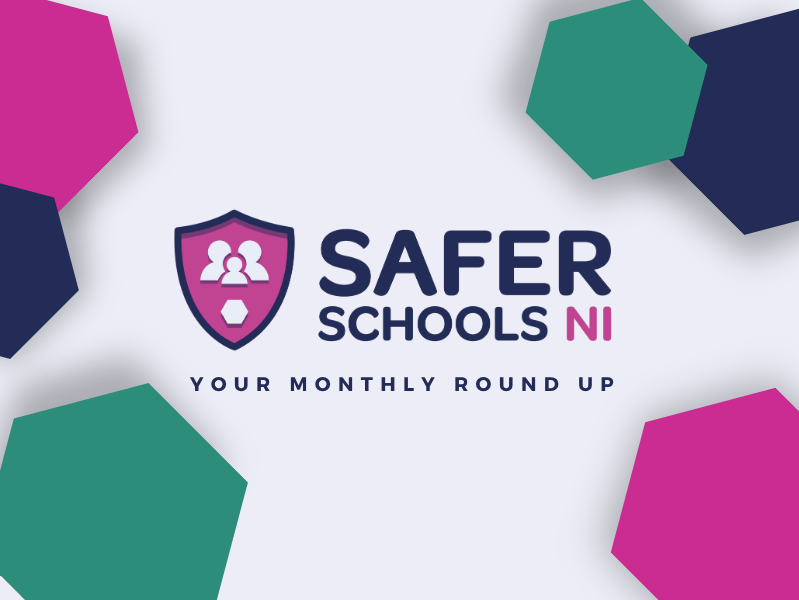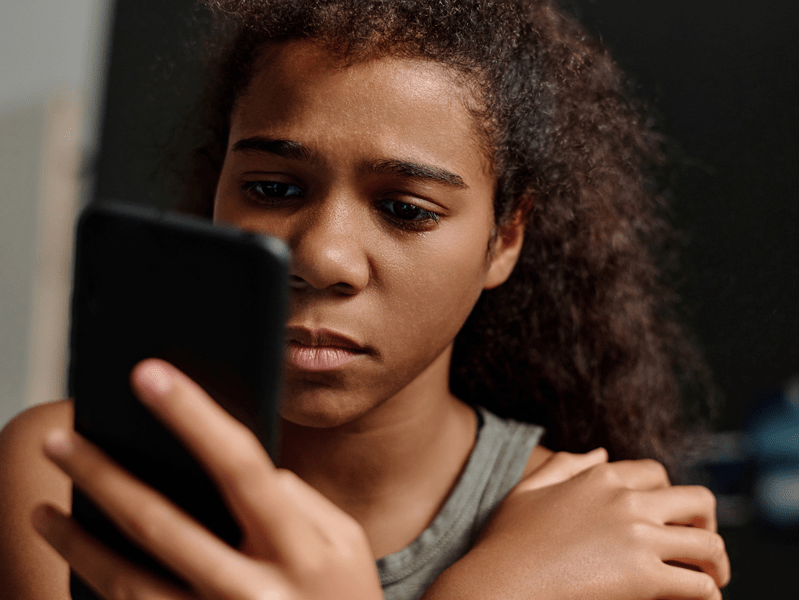Last Updated on 26th September 2024
Reading Time: 5.4 mins
September 3, 2024
Following the release of the Department of Education’s new Guidance for Schools on Pupil Use of Mobile Phones and Other Similar Devices During the School Day, schools in Northern Ireland are now required to ensure that policies addressing the use of mobile phones are reviewed. Schools may have a standalone mobile phone policy or an array of wider behaviour policies covering appropriate use. The guidance comes following growing concerns about the potential negative impact of unrestricted access to personal devices in educational settings.

The topic of mobile phone use in schools has sparked significant debate among educators, students, parents, and carers. In addition to these differing viewpoints, schools must navigate the complexities of implementing effective policies that balance educational objectives with the practical realities of modern technology. The debate highlights the need for policies that not only address the potential risks associated with mobile phone use but also consider how to integrate technology in a way that supports students’ educational and personal development.
To assist schools in introducing these changes effectively, we have developed ‘SMART‘ guidance. This resource offers practical steps for engaging community stakeholders and enforcing policies, ensuring that expectations and recommendations are clearly conveyed to the entire school community.
Set Clear Expectations
Review and communicate specific guidelines for phone use within the school environment to ensure both students and parents understand the rules, clearly outlining:
Remember that each child has unique needs when it comes to phone use. Consider their individual requirements within the context of your school’s community, focusing on their safety, learning, and health. For example:
Make It Positive
Help students take ownership of your school’s mobile phone policy by emphasising the importance and benefits of responsible technology use. When students are meaningfully involved in decision making, they are more likely to embrace the changes. This may be through the use of surveys, focus groups or invitations for feedback.
Key benefits include:
Advocate Appropriate Use
Promoting responsible mobile phone use is essential for a positive school culture. To achieve this, integrate best practices for phone use into school routines and model these behaviours at all levels. Encourage teachers and staff to lead by example by minimising personal device use during school hours and demonstrating positive and appropriate use of technology.
Additionally, create a supportive environment where students feel comfortable discussing their phone use and online experiences. Provide resources and training for both staff and students to ensure everyone understands and practices responsible phone use. This approach will help build trust and ensure that phones aren’t demonised.
Review and Revise Policies
Review and update phone use policies in alignment with government guidance, ensuring they meet the needs of your school community. Engage with parents, carers, and students during the policy development process, focusing on how these policies can help educate and empower students to use their phones responsibly.
You might consider suggesting alternatives, such as using basic mobile phones (commonly referred to as ‘brick phones’) instead of smartphones, for parents or carers who feel their child needs a mobile phone for emergency purposes.
Teach Digital Literacy
Implementing digital literacy programs is crucial for equipping students, teachers, parents and carers with the skills needed for safer and more responsible technology use. Develop engaging and educational content that covers essential online safety topics. These programs should be interactive and tailored to different age groups to ensure that all members of the school community can effectively navigate the digital landscape.
Educating and empowering children and young people to navigate the online world safely is crucial, as technology is now an integral part of their lives. Through Safer Schools’ partnership with the Department of Education, you can access the Safer Schools NI App for free. This app provides valuable information and expert resources about the online world, including access to the SBNI’s Online Safety Hub.
By integrating digital literacy into your curriculum and ongoing professional development, you can ensure that students, teachers and parents are equipped with the latest tools and knowledge to navigate online challenges safely and responsibly.
Further Resources
Join our Safeguarding Hub Newsletter Network
Members of our network receive weekly updates on the trends, risks and threats to children and young people online.


